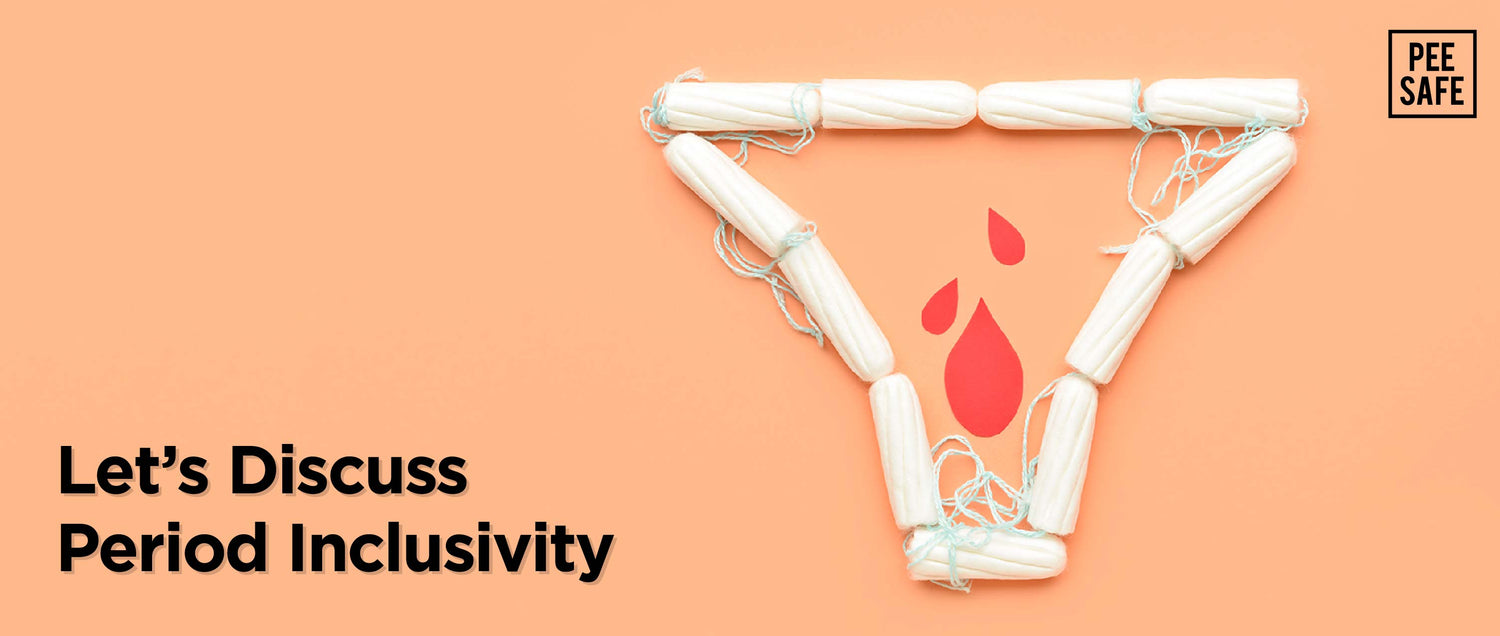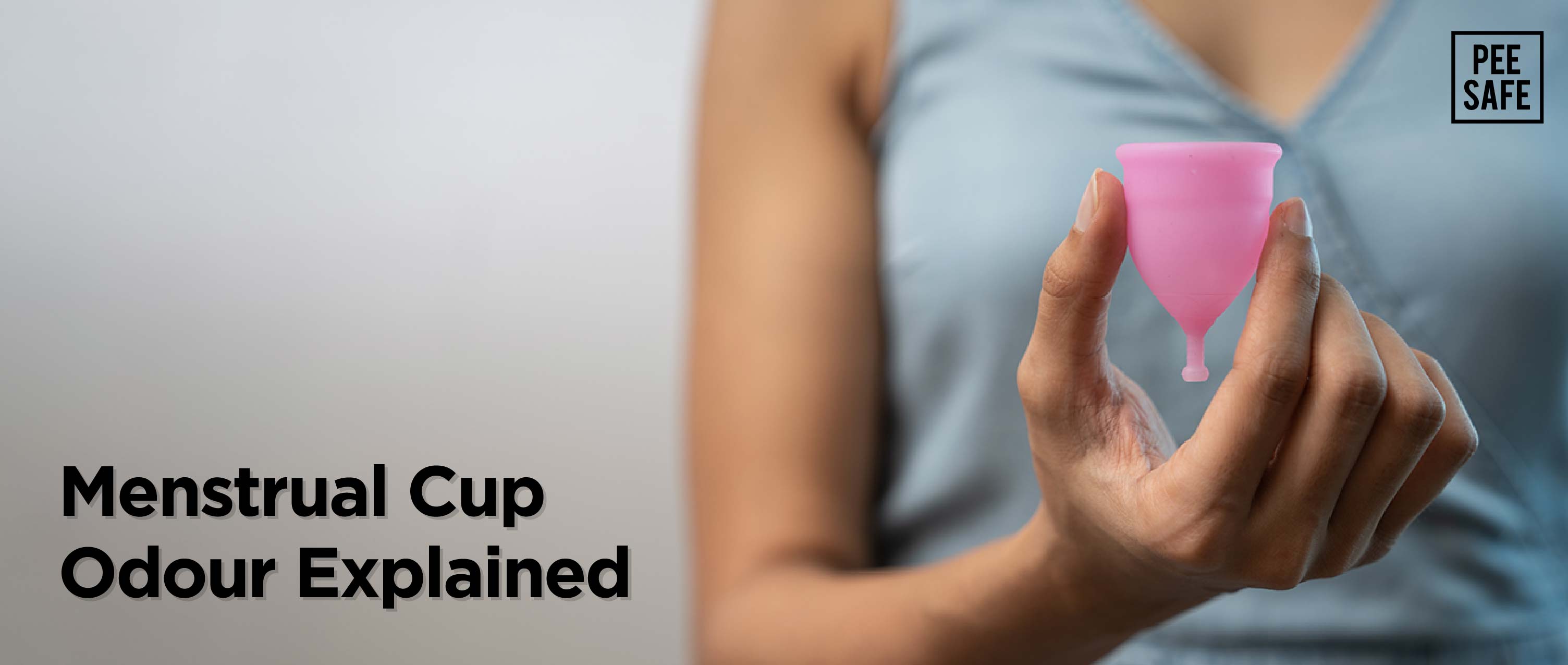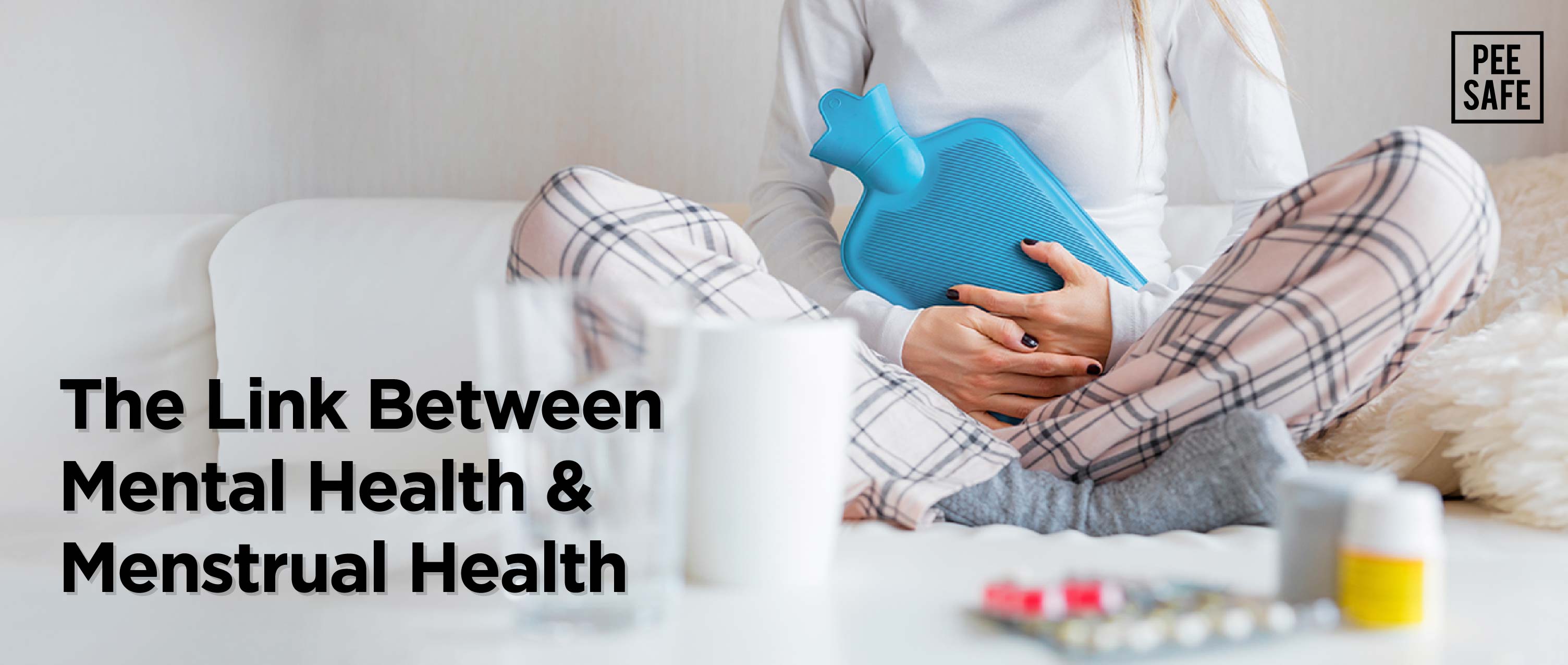Period inclusivity is the recognition that gender is not a fixed criteria for periods.
With increased awareness and conversations around gender identities, one of the less discussed topics is that of ‘people and periods’.
Why Is Period Inclusivity Important?
Period inclusivity is most importantly about having an active mindset that will allow you to broaden the scope of menstruation and include diversity. It is important to make people feel seen and heard instead of being shunned due to the set gender norms.
As a result of years of conditioning and lack of awareness, most people claim periods and menstrual health to be only a cis women issue. However, period inclusivity is to realize that periods go beyond gender norms in reality all menstruators are not women and all women are not menstruators.
The act of gendering periods and period products keeps away trans or non binary people from accessing products and managing their periods with comfort.
Ways To Improve Period Inclusivity
Understanding LGBTQIA+ and inclusivity when talking about periods is the need of the hour.
Here are a few ways in which period inclusivity can be promoted:
Altering Language
De-gendering menstrual hygiene products can be a significant way to improve access and promote inclusivity for trans and gender-nonconforming people. Not referring to period products as ‘women’s hygiene’ products and not calling periods a ‘women’s issue’ can be the first step into promoting period inclusivity. Hyper feminine packaging of menstrual products contribute to the existing shame, exaggerating it for trans people.
Period inclusivity however extends beyond packaging and ensures that all menstruators have access to menstrual health, products and education.
By Means Of Education
Menstruation is a biological process that happens to people who possess a functioning uterus. In such a case menstruation goes beyond gender binaries, which makes it crucial for us to educate ourselves and people around us in order to be sensitive towards all menstruators. It is important to realize that gender identity has nothing to do with menstruation.
By Means Of Awareness
Albeit, there is a monumental increase in discussions that involve the LGBTQ+ communities, conscious efforts have to be made to change years of conditioning. Being sensitive about the pronouns you use or the language that you use can create a huge difference. Actively correcting others while they make such mistakes can help promote period inclusivity and gender awareness.
Viewing Periods Through The Lens Of Health
Approaching period inclusivity should not include viewing periods through the lens of gender, but rather as a health issue that affects menstruators. Such an approach will not exclude trans and non binary people from the purview of menstruation, thereby promoting non binary and trans healthcare.
Gender Neutral Restrooms
Menstruators deserve safe and inclusive spaces which allow them easy access to menstrual care products. Gender neutral restrooms with period products will allow menstruators to feel safer and included. People who use men’s public bathrooms and get periods do not have access to sanitary bins or pad dispensers, causing both physical and mental distress.
Conclusion
It is important that we embrace period inclusivity and create safer spaces for all menstruators. It is about time that period shame should be a thing of the past. Recognizing that periods is not just a women’s issue but more, is of primal importance. While periods are surrounded by shame and stigma, it is crucial to look beyond them and be more inclusive. To know more visit the Pee Safe website.
-
✍️ This article was curated by Manisha Shah




























